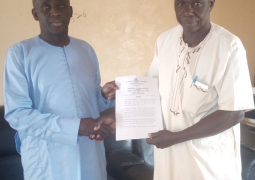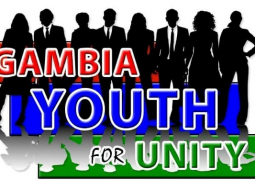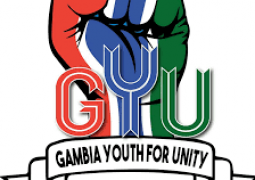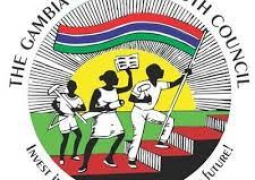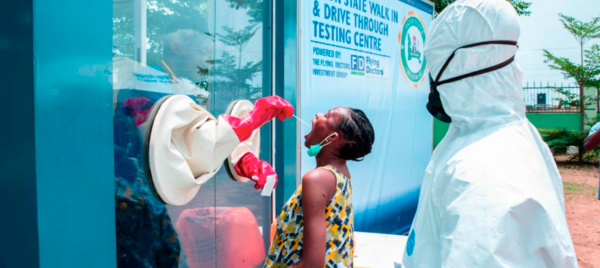
Africa’s young people are urging a re-think of the continent’s governance systems to provide them a space to contribute their innovative ideas to development in the continent’s post-pandemic recovery.
“Greater inclusion of young people to the public service is vital to Africa’s growth and development,” stated the youth policy paper recently published by the African Union Office of the Youth Envoy (AU-OYE) in collaboration with the Africa Centres for Disease Control (Africa CDC) titled, Africa Youth Lead: Facts & Figures of Africa Youth Agency, Challenges and Recovery Roadmap on COVID-19.
The policy paper is the outcome of months-long consultations, including through surveys in four languages (English, Swahili, French, and Arabic) and virtual focus groups with young people across the continent.
The AU Youth Advisory Board and the African Youth Front on Coronavirus (AYFC), a high-level policy and advocacy framework launched in May 2020 for young people to co-lead Africa’s response to COVID-19, were involved in gaining the views of young people on a range of COVID-19-related issues, according to the AU-OYE.
The policy paper focuses on the impact of COVID-19 on young people and makes a range of recommendations the young people believe could help tackle Africa’s intractable development challenges.
Ms. Aya Chebbi, the AU Envoy on Youth, says the policy paper “highlights the key challenges that young people in Africa are facing, challenges that the virus has exacerbated.
“The policy paper additionally outlines recommendations that young people have made during the consultations as a pathway to achieving the Africa they want,” notes Ms. Chebbi.
One of the recommendations is the establishment of an “African Centres for Innovation and Excellence that can match education with the market needs through training opportunities, digital skills and infrastructure, in both urban and rural areas.
It maintains that any recovery plan must enable the continent to seize opportunities of the digital economy.
Skills development relevant to the digital economy “is one of the most critical investments that need to be made to ensure a sustained economic growth after the COVID-19 pandemic,” the paper states, calling for restrictions on internet freedom to be criminalized.
The paper is loaded with sector-specific recommendations. For example, on the economic front, it demands immediate stimulus packages for young people who lost jobs as a result of the pandemic, as well as “increasing investments in youth entrepreneurship and innovation by financially supporting SMEs [small and medium-sized enterprises], by giving grants, loans, tax relief, payroll protection and loans.”
Young people would like African governments to “adopt e-healthcare by engaging youth digital innovations to provide quality, affordable and timely health services,” according to the policy paper.
On food security, it calls for the strengthening of knowledge in agriculture through reforms of school curriculums that will lead to innovation in the sector.
The paper also recommends the creation of an “enabling legal, regulatory and administrative environment for youth to actively participate in trade and opportunities of the Africa Continental Free Trade Area (AfCFTA).” Free trading is expected to begin in January 2021.
Given the devastating effects of COVID-19 on livelihoods, the paper pushes for the implementation of Universal Healthcare Coverage, tax exemptions for local youth manufacturers of Personal Protective Equipment (PPEs) and other sanitation products.
On gender equality, it requests governments to “protect young women’s economic resilience and to recognize their additional burden of unpaid and domestic work.”
Gender-based violence such as femicide, rape, sexual harassment, child marriage and female genital mutilation must be criminalized, it stresses, and calls for equal access to “essential sexual and reproductive health services, mental health support and digital technologies.”
Other challenges facing young women, the paper elaborates, include the loss of jobs or reduction in income, which makes many of them unable to afford sanitary pads and contraceptives.
It adds that “young women in refugee camps that would receive these services as aid, do not have access anymore as aid work has slowed down.”
The youth also demand the right to protest peacefully, an end to police violence against young people, and for human rights abuses to be investigated.
In the policy paper’s foreword, Dr. John Nkengasong, Director of Africa CDC, praised African youth for assisting his organization with information on socioeconomic thematic areas and for disseminating accurate information on the COVID-19 to the public.
The AU Commissioner of Social Affairs, Amira El Fadil, praised the achievements of the CDC and young people, particularly the establishment of the AYFC.
Source-Africa youth news


